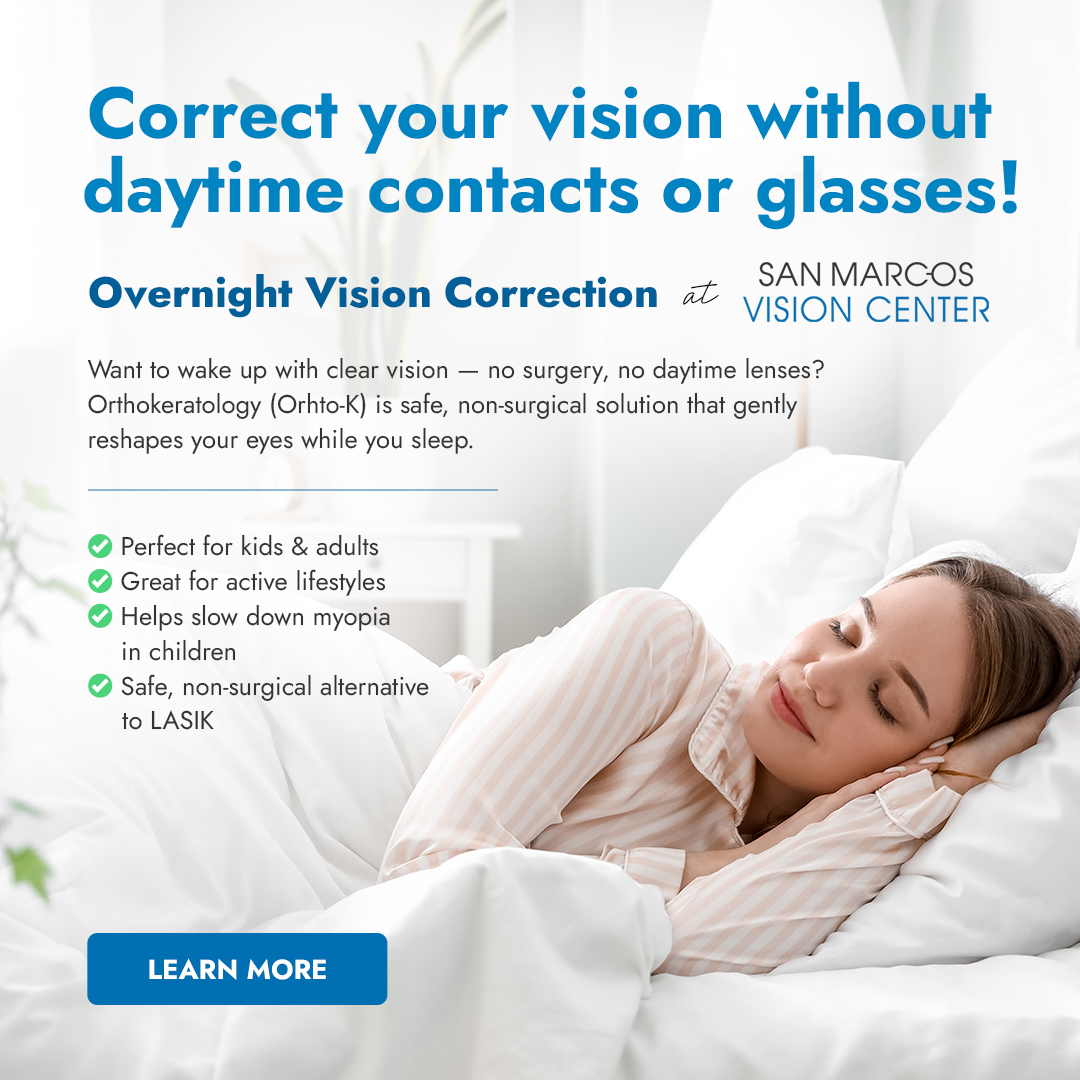
Facts About Eye Donation Everyone Should Know
Eye donation facts are important for everyone to understand. Donating eyes is a noble act of kindness, giving the gift of sight to others. However, many misconceptions about eye donation prevent people from registering as donors.
For instance, some think eye donation they can't donate. These beliefs are not true.
Learning the facts about eye donation can help clear up these misunderstandings. It's crucial to spread awareness so more people feel encouraged to help others see the world.
What is Eye Donation?
Eye donation is when someone gives their eyes after they pass away. This act can help others see. The process is simple and respectful to the donor and their family.
First, the donor or their family agrees to donate. Doctors then safely remove the eyes, usually within hours of passing.
The next steps involve checking the eyes to ensure they are healthy for transplantation. Qualified doctors then carefully match the eyes to someone who needs them.
The surgery to place the donated eyes into the recipient's body is delicate and requires skill. After the transplantation, the recipient can often see better or regain full vision.
Who Can Donate Eyes?
Almost everyone can donate eyes. Eye Donation Facts show that people of all ages, from children to older people, can be donors. There's no age limit to eye donation.
Even if you wear glasses or have had eye surgery, you can still donate. These conditions do not stop you from giving this gift.
A common myth is that people with poor eyesight cannot donate. This is not true. Even if your vision is imperfect, your eyes can still bring sight to others.
Also, having a systemic disease like diabetes or hypertension doesn't automatically disqualify someone. Each person's medical condition is reviewed individually.
The key fact about eye donation is that it's about the health and condition of the eyes at the time of death, not the donor's age or health issues in life.
If you want to donate, you should register and let your family know your wishes. In the end, it could mean the world to someone else.
The Need for Eye Donations
Many people around the world are waiting for corneal transplants. Eye donation facts reveal that thousands of individuals could see again with a donation.
However, the demand for healthy corneas is much higher than the supply. This gap means many remain in the dark, waiting for a chance to have their sight restored.
Donating eyes can hugely improve someone's quality of life. It allows them to see the faces of loved ones, enjoy the beauty of nature, and regain independence.
Eye donation brings light into someone's world and offers them a new lease on life. Every eye donation counts.
By choosing to donate, you can make a significant difference. The process turns the loss of one life into a precious gift for another, showcasing the profound impact that eye donation can have.
How to Become an Eye Donor
To become an eye donor, you can follow these easy steps:
Register with a national or local eye donation registry. This can usually be done online.
When you apply or renew, indicate your desire to donate your eyes on your driver’s license.
Keep a signed donor card with you, if available.
Common Myths About Eye Donation
Many myths surround eye donation. Here, we clear them up with eye donation facts.
Myth 1: I can't donate because of my age.
Fact: Age should not deter anyone from considering eye donation. Contrary to popular belief, individuals of all ages, from the youngest to the oldest, can donate their eyes. No upper age limit exists for eye donation, making it accessible for individuals across all age groups to contribute to this invaluable cause.
Myth 2: Wearing glasses means I can't donate.
Fact: Wearing glasses or having impaired vision does not disqualify one from being an eye donor. Regardless of visual acuity or corrective measures such as glasses or contact lenses, individuals can still opt for eye donation. The suitability for donation is determined by the condition of the cornea rather than the presence of visual aids.
Myth 3: Eye donation will disfigure my body.
Fact: Contrary to apprehensions surrounding bodily integrity, eye donation procedures are conducted with utmost respect and care for the donor's appearance. Skilled surgeons meticulously perform the extraction process, ensuring minimal disruption to the donor's facial features. The donor's external appearance is preserved, honoring their dignity and respecting their wishes.
Myth 4: My religion does not allow donations.
Fact: While some misconceptions may arise regarding religious beliefs and practices, the majority of religions endorse or permit eye donation as an altruistic act of kindness and compassion. Many religious teachings emphasize the significance of aiding others in need, including the donation of organs and tissues to save or enhance lives.
Myth 5: My family will be charged for donating my eyes.
Fact: Dispelling concerns about financial implications, it's essential to understand that eye donation is a selfless gesture that does not impose any financial burden on the donor's family. All expenses associated with the donation process, including transportation and surgical procedures, are typically covered by eye banks and organizations dedicated to facilitating eye donations.
Conclusion
Eye donation is a powerful gift. It can bring sight to those in darkness. Eye donation facts tell us that anyone can donate, and it's a simple, respectful process. It's important to register and tell your family about your choice.
This ensures your wishes are honored. Donating does not cost anything; all religions view it as an act of kindness. Consider becoming an eye donor. Share these facts to help clear up myths and encourage others. Together, we can bring light to many lives.

 Specialty Contacts
Specialty Contacts





